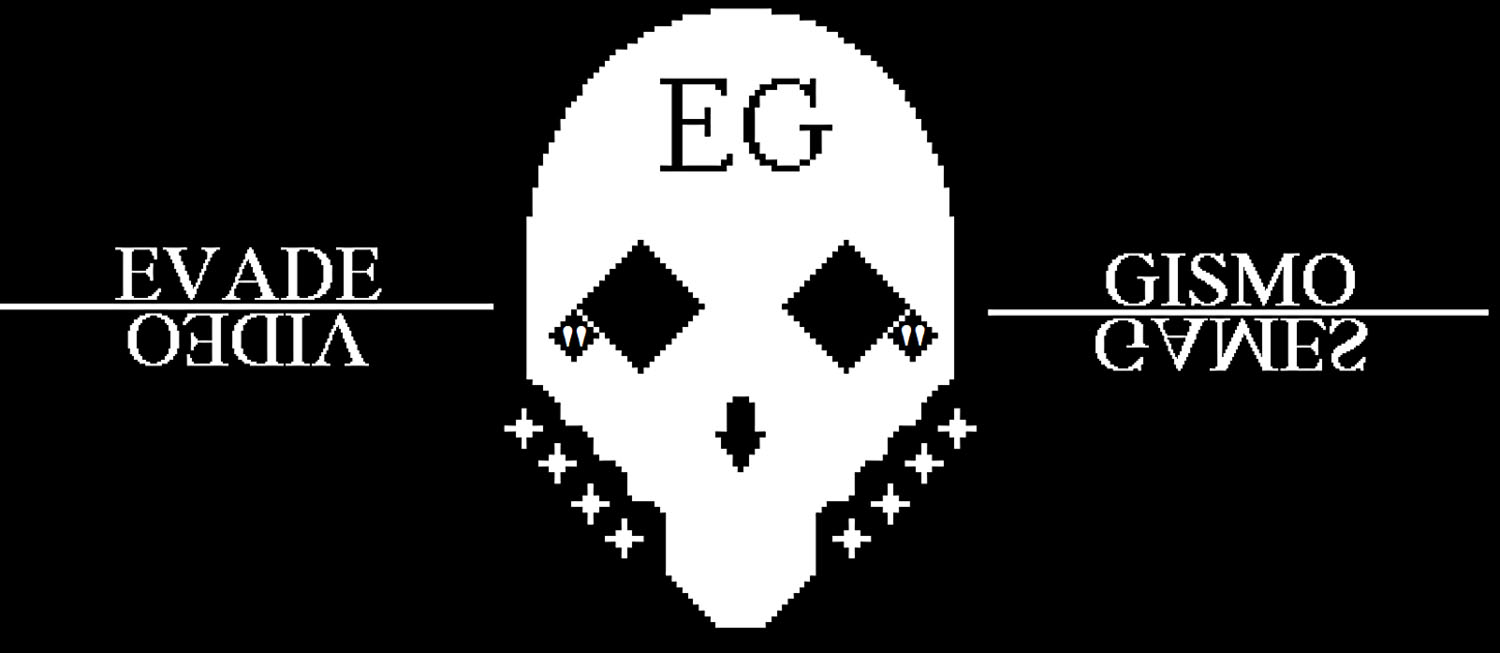TOMORROW'S MAN'S SKY
/Got a promo e-mail from GOG.com this morning informing me that No Man's Sky is now available for pre-order at $60 -- a North American release date of June 21 has been announced, which has me vibrating with hype all by itself. But the announcement page doesn't come without its share of disappointing quirks and understated, yet crucial, details.
If you're here reading, you've surely heard about No Man's Sky, the upcoming first-of-its-kind galaxy-sized space exploration game. The LITERALLY GALAXY-SIZED game-world is populated by planets & lifeforms that are randomly generated to according to complex math, and of which there are so many that the design team programmed tiny surveillance robots to fly through the galaxy on their behalf and report on unaccounted-for aesthetic oddities. Players can quickly transition from underwater tunnel network exploration, to surface-level biopsy, to interstellar piracy, with naming rights to everything that they are the first to discover. Plus, the game's endorsed as having awesome VR support; perhaps one of the first wide commercial releases to do so with confidence. This Frankenstein project is broiling over with hype and hesitation in equal measure. Getting a release date confirms that it is really happening.
The catch is, this isn't just a release announcement: it's merch-hyping. And while I'm happy to ride this hype-train full-Steam ahead, something about the PC spaceship toy box set, the PS4 special edition art books, and the in-game powerup reward for pre-ordering feels a bit puffed up to me. Grandiose pre-order and Special Edition packages make sense for games which already have established mythologies and fanbases. But in No Man's Sky, we see the marketing indulge, perhaps too deeply, in just the excitable popular speculation about its product. Having a model of a classic X-Wing on your desk is neat; having a somewhat generic-looking, "nostalgic" spaceship is kind of random.
But what bugs me most is the offhand claim that, "Perhaps you will see the results of [other players'] actions as well as your own...". Perhaps it was naive for me to think that I'd be able to meet up with friends, however far-flung they may be, in a game that was never explicitly announced to be an online experience, but the prospect of overlapping star-maps with my brother and sinking dozens of hours into a massive interstellar journey to meet up with him was just too exciting to suppress. The blurb above cements the title's solitary gameplay, if in a rather sneaky and indirect way.
So, yeah. I think the hype got to me. I am gonna wait this purchase out.




